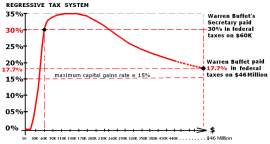
Understanding Tax Exemptions

Various tax systems, including the Untied States Federal Tax system, grants tax exemptions to certain individuals, organizations, income classifications, property, and assets. A tax exempt status typically provides a taxpayer some sort of relief from their tax payments.
An exemption can reduce the individuals tax rate, or impose a tax on only a percentage of the items regularly taxed. Tax exemptions are only available to individuals who partake in specific programs or who meet the requirements established by a local, state, or the federal government. In addition, numerous agencies or relief programs, because of their public service, are exempt from taxation.
Common examples for exempt status include: charitable organizations receive exemption from income taxes and property taxes, veterans receive tax exempt status for numerous levies, and exemptions under multi-jurisdictional purposes.
An exemption removes an individual from taxation for a particular class or item. This is held separate from a reduction of taxable items; a tax exempt organization or individual is not regulated to pay the particular tax, whereas an individual who receives a deduction simply has their income reduced to a lower rate of taxation.
In theory, tax exemptions can be granted by any level of government that issues a levy, however, in broader systems lower tier governments are restricted from offering an exemption. Although an individual (veterans and clergyman) can receive such a status, a an exemption is typically held for public services or charitable organizations.
Educational institutions, pension schemes, charitable organizations, and various government agencies commonly receive tax exempt status by both the federal government and the appropriate local governing system which the public entity operates under.
NEXT: What are Above the line Tax Deductions?



















